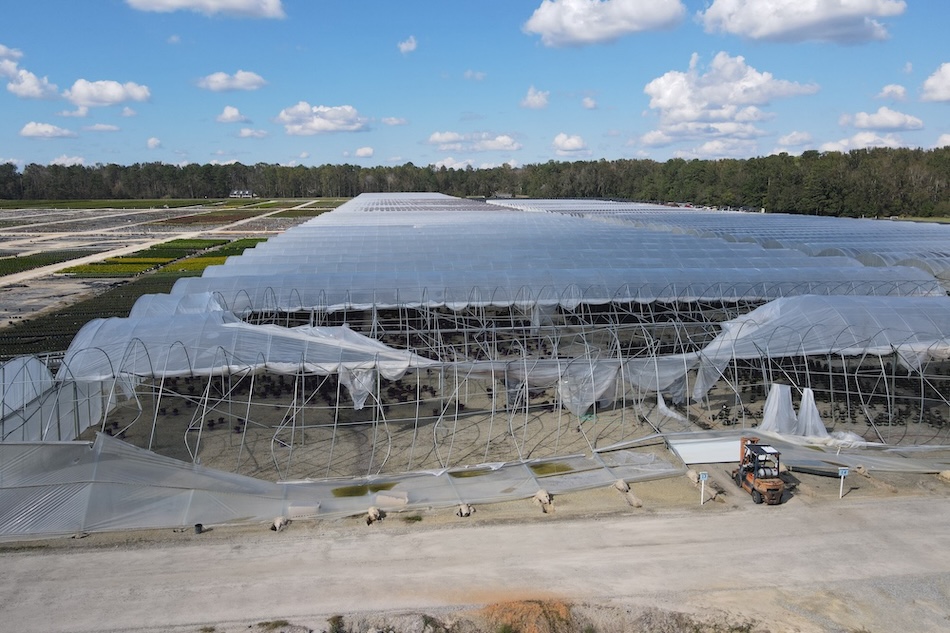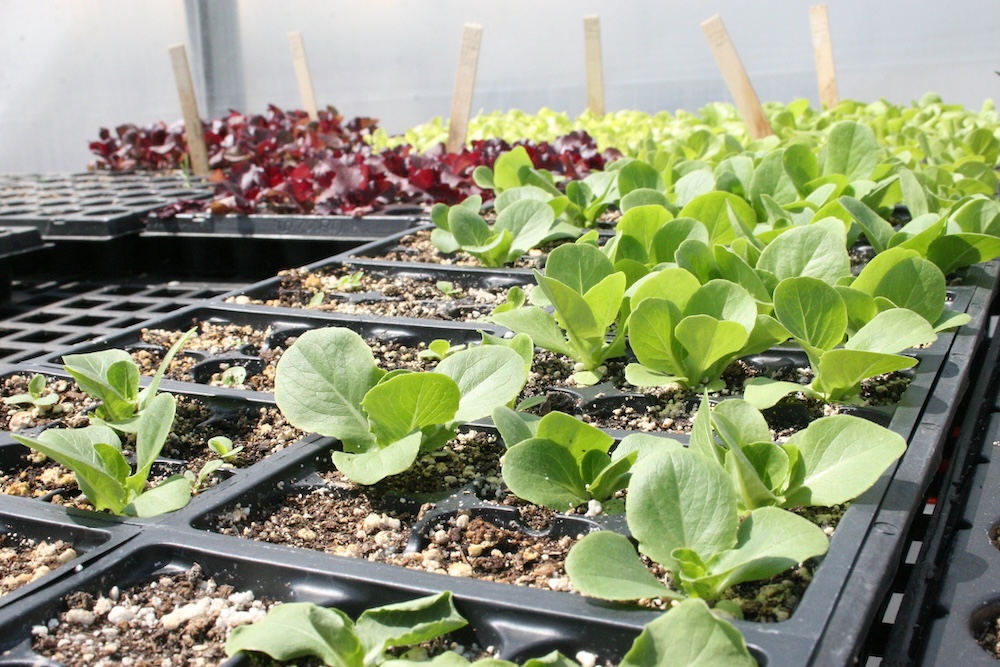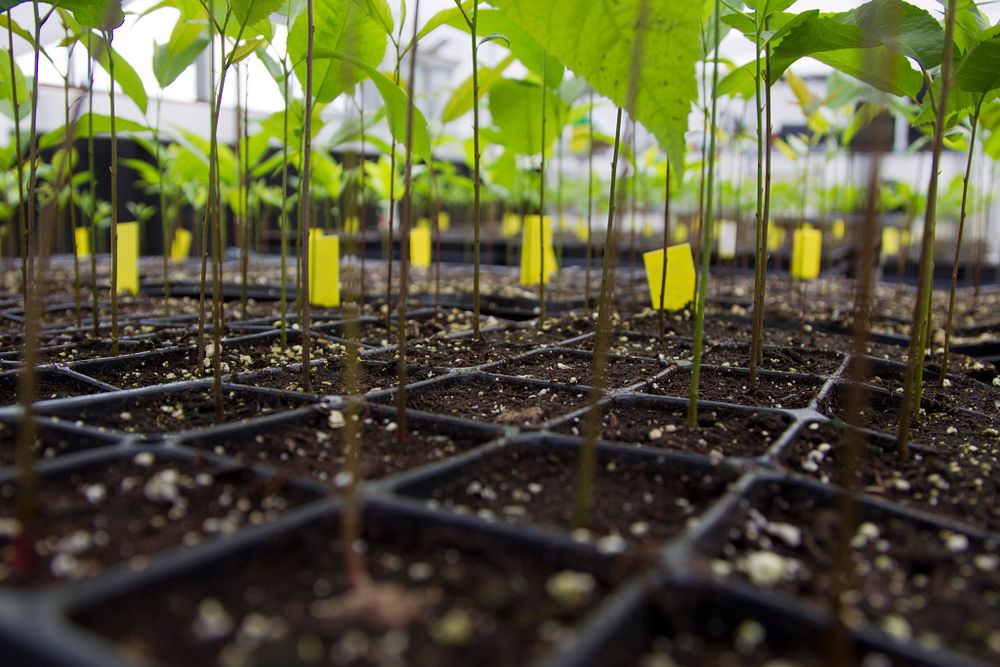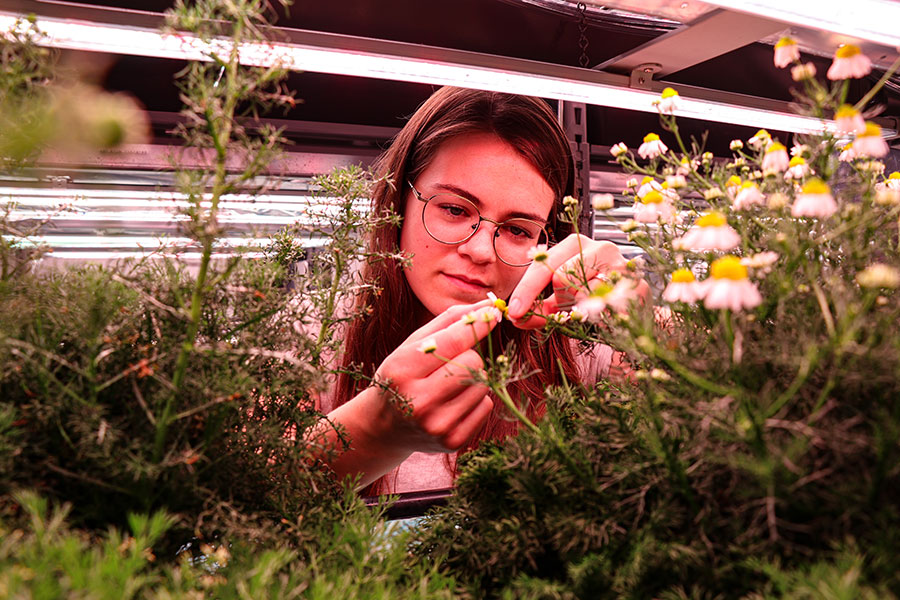Recent industry trend reports say Americans are shifting their focus from the boardroom to the backyard. Here are seven gardening trends Georgians might expect in 2010.
Main Street is in; Wall Street is out. The can-do spirit empowered by connectivity to neighbors and communities is fueling a renewed appreciation for our land.
Edible gardens are in; lawns are out. Growing your own groceries is a hotter-than-ever trend. Front lawns will be transformed into rain gardens and landscape showcases using a variety of plant material and the latest multi-purpose turf varieties.
Slow gardening is in; instant gratification is out. With the rising demand for locally grown and organically grown food, environmental horticulture and energy efficient products, people are gardening for the greater good. Sales for seed and food preservation equipment have increased nearly 50 percent.
Mindful is in; bling is out. According to the National Marketing Institute, four out of five people say they’re still buying green products and services, which sometimes cost more, even in the thralls of a recession. More than two-thirds say they will select green over traditional, if it works for them.
Eco-boosting is in; chemical dependent gardens are out. Green is the new black as consumers seek products that work with nature, not against it.
Multitasking is in; single-purpose gardening is out. Rain barrels and rain gardens continue to remain popular as people seek ways to conserve water and reuse and recycle their resources.
Perennials and shrubs are in; divas are out. Sustainable landscapes, water conservation, perennials and small edible shrubs are gaining popularity. Gardening with native plants attracts needed pollinators and birds critical for the balance of nature. Consumers are looking for plants that are easy-care, have great color (shock and awe) and are pest- and drought-tolerant.
Georgia growers and wholesalers of floriculture and nursery crops have always been quick to respond to the changing marketplace. If these forecast trends prove true, consumers will find the right plants for the right place at the right time, and probably at the right price.

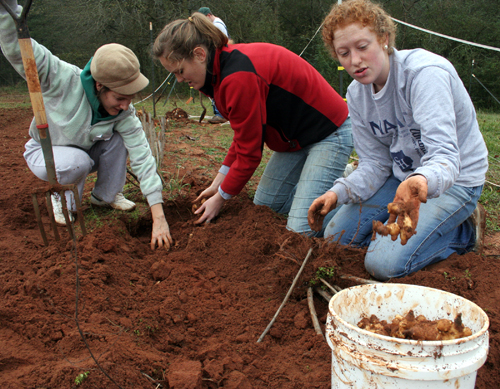

.jpg)
